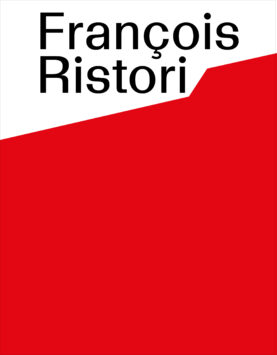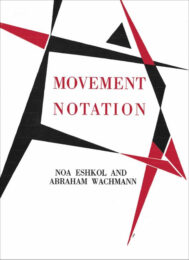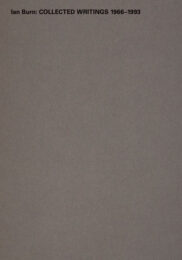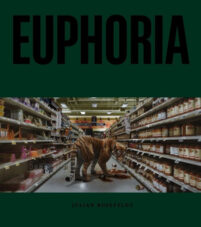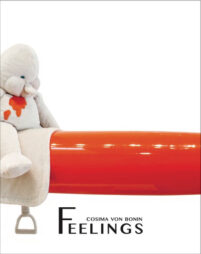French artist Francois Ristori (1936–2015) is a lesser-known but representative figure of European postwar abstraction, having shared the same artistic milieu as Daniel Buren, André Cadere, Olivier Mosset, Claude Rutault, and Niele Toroni.
After a period of gestural experimentation in the 1960s, he began to explore the manifold possibilities of the ‘Trace-Forme‘ (‘Form–Mark’), the conceptual and visual device he created in the late 1960s in tune with contemporary investigations of painting by his fellow artists.
From the early 1970s onwards he dedicated his practice to the ‘Trace-Forme,‘ which was also a way to renew the painterly process at a time when the future of painting was widely debated on the French art scene.
Combining blue, red, and white hexagon-like shapes as his preferred and only motif, he employed a systematic process in painting, drawing, and public interventions, at different scales, sometimes in singular works, but also in polyptychs that play with the walls and the work’s surroundings.
This first comprehensive monograph on Francois Ristori offers a generous insight into the many incarnations and expressions of ‘Trace-Forme,’ and an archival section accompanied by an interview with his wife Renée Ristori that retraces the life and work of the artist.
Two extensive portfolios document the artist’s recent exhibitions at MAMCO, Geneva, and Centre Pompidou, Paris, while an array of renowned art critics and curators including Julien Fronsacq, Michel Gauthier, and Marjolaine Lévy offer scholarly approaches to Ristori’s oeuvre.
French and English text.


